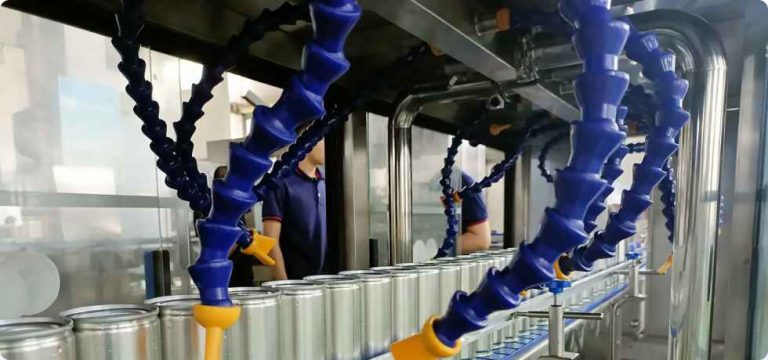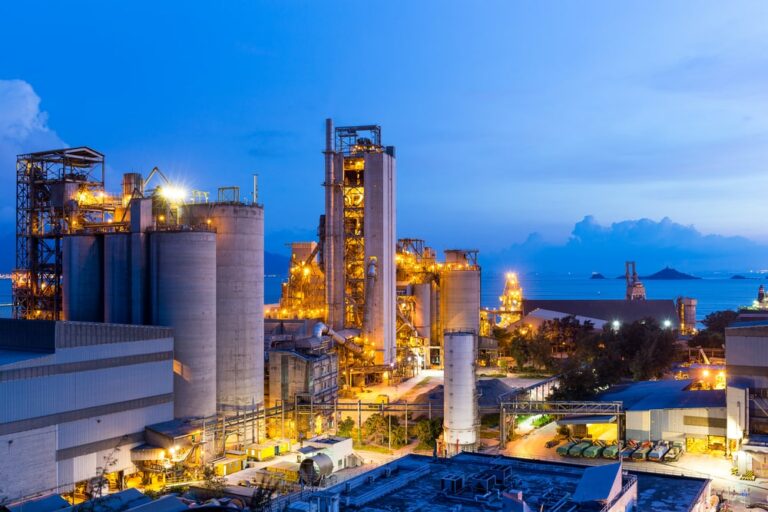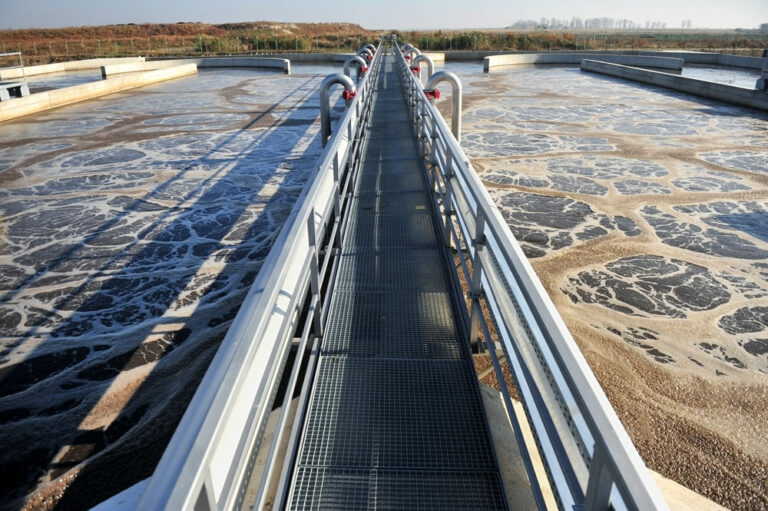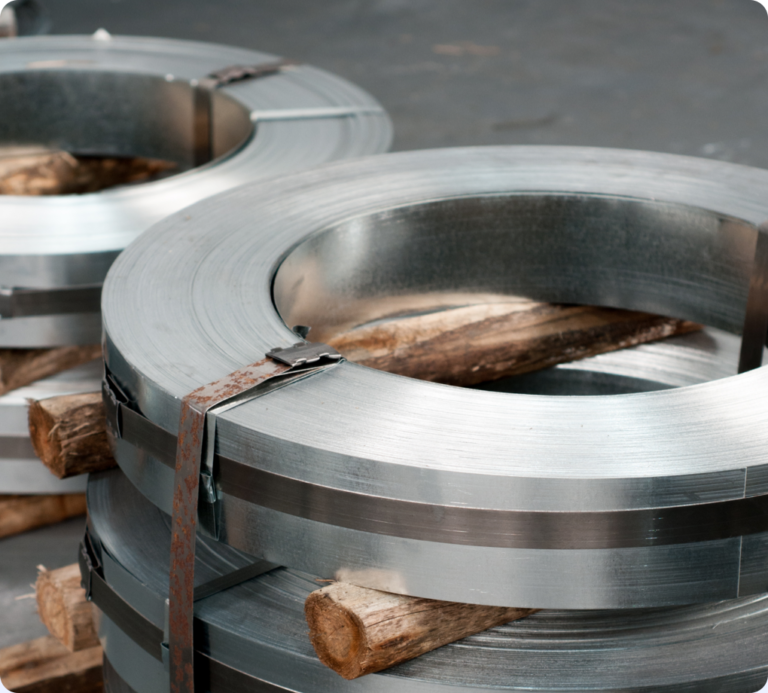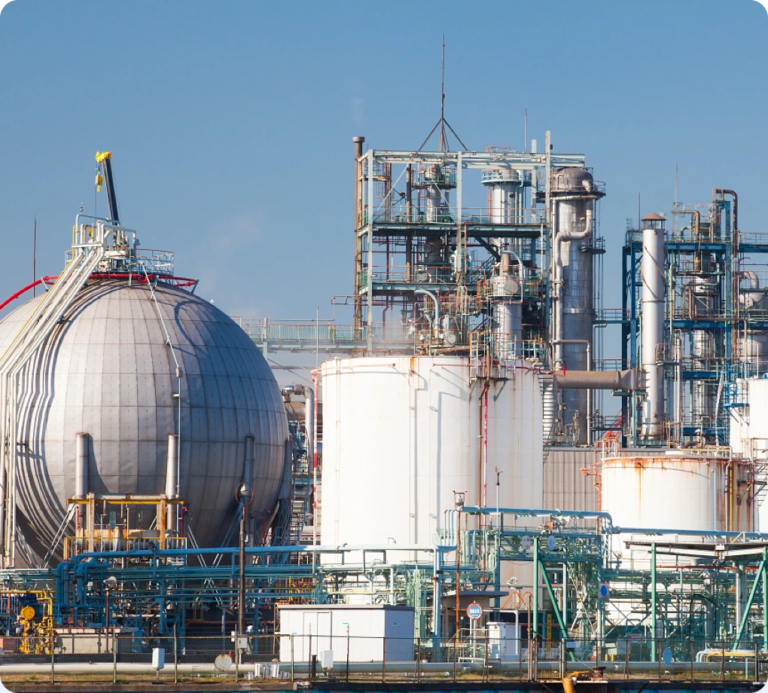Why centrifugal air suspension blower is suitable for stable and constantly running working conditions?
If we want to know the answer of this question,we need to know about the working principle of the air bearing blower:
1.the main parts of the air foil bearing blower is including:high speed permanent magnet synchronous motor,rotating shaft,air foil bearing,thrust bearing,ternary flow impeller,cooling impeller,VFD,PLC control system and other component.blower air filter
2.When the centrifugal air bearing blower connects with the power,the motor will run from low speed to high speed.Since the motor is connecting with the rotating shaft,and shafting connects with the air foil bearing, air foil bearing connects with the ternary flow impeller.The VFD is used for controling the motor running speed.When the motor is running is the speed lower than 8000rpm,the shaft and air foil bearing is touching with each other(If there is connection, there will be friction).The design of the bearing life is start-stop 20,000-100,000 times.After the motor running speed is more than 8000rpm,the air force surrounding the air foil bearing will counteract the bearing gravity,then the bearing will float and running surrounding the shaft.heavy duty air blower
3.When the bearing of the air blower is running,it will bring the ternary flow impeller to run(since bearing is connecting with the impeller).After the ternary flow impeller runs,it will generate a vacuum area and suck the surrounding air into the ternary flow impeller,then the air will generate the dynamic pressure under the impeller compression,then the compressed air will be discharged into the user pipeline.
4.When the shaft is rotating,it will bring the motor cooling impeller to run,the running impeller will form an vacuum area and suck the motor surrounding air inside.The air will go through the motor,bring the hot motor air to the vacuum area,then the hot air will be discharged outside the enclosure of the air blowers.
From the above working principle of air bearing blower,we can know that when we start-stop the blower,the air foil bearing has friction with the rotating shaft,when there is friction,there will be abrasion.Therefore,the air suspension blowers is not suitable for frequently start-stop working conditions.

RAETTS standard type air bearing blowers,heavy duty air blower
RAETTS miniature air foil bearing blower is designed for small sewage treatment plant,such as town STP,street WTP.These type of wastewater treatment plant has very small volume wastewater treatment capacity,only 500m3/day-1000m3/day.This type of small air bearing has the advantages such as compact size design,lower noise up to 65dB,easy installation and mainteance,small footprint.Many customers like to use air pressure blower to replace the heavy and loud noise roots blower.heavy duty air blower
24 months warranty for the whole blower air filter
blower air filter compact size,small footprint,lower noise no more than 75dB,easy maintenance
blower air filter Product packing information:1pcs/package
Selection parameters table

Air blower-An Ultimate FAQ Guide:
2.About blower air filter R&D capabilities
3.About blower air filter inventory
4.What Are the Common Noise Levels Associated with Different blower air filter Models?
5.About blower air filter production skills training
6.What are the different types of blower air filter available in the market?
7.How long is the service life of an blower air filter?
8.What is the operating temperature range of the air blower?
9.About blower air filter raw materials
10.How to choose the right blower air filter for your specific needs?
11.About blower air filter quality system
12.What Key Features Should You Look for in an Air Blower?
13.How Can an Air Blower Benefit Your Home or Industry?
14.What are the advantages of using an turbo blower air filter?
15.What is the operating voltage of the air blower?
16.How does an blower air filter work?
17.About blower air filter production equipment
18.What are the maintenance requirements for an blower air filter?
1.Which Industries Rely Heavily on Air Blowers for Operations?
1. Manufacturing
2. Mining
3. Agriculture
4. Automotive
5. Food Processing
6. Plastics
7. Construction
8. Ventilation
9. Foundries
10. Powder Technology
2.About blower air filter R&D capabilities
RAETTS R&D team has more than 20 people,the chief team leader worked for BYD before,and the technique of whole team is supported by Xi’an Jiaotong University.
3.About blower air filter inventory
For air bearing blower and maglev turbo blower,RAETTS doesn’t make stock,only produce air blower according to customers order(since different application site may need different designs).For high speed centrifugal blower,RAETTS makes stock.
4.What Are the Common Noise Levels Associated with Different blower air filter Models?
The noise levels associated with different air blower models depend largely on the size and operating speed of the blower. Smaller blowers tend to be quieter than larger ones. Generally, blowers with higher operating speeds will produce more noise than those running at lower speeds.
Centrifugal blowers tend to be the loudest of the three main types of air blowers. An air blower model with a 2-5 horsepower rating typically produces between 60 and 85 dB(A). Larger models with 5-10 horsepower ratings can usually produce between 75 and 100 dB(A).
Axial flow blowers are typically quieter, with an air blower model with a 2-5 horsepower rating usually producing between 50 and 75 dB(A). Models with 5-10 horsepower ratings usually produce between 65 and 90 dB(A).
Regenerative blowers are the quietest of the three main types of air blowers. An air blower model with a 2-5 horsepower rating usually produces between 45 and 70 dB(A). Models with 5-10 horsepower ratings usually produce between 55 and 85 dB(A).
It is important to note that noise levels associated with air blower models can vary significantly based on the design of the blower, the efficiency of the motor, and the environment in which it is operating. For instance, more efficient motors tend to generate less noise, and the noise levels generated by a blower can increase when it is operated in an environment with poor ventilation.
5.About blower air filter production skills training
RAETTS will train the production staffs for 3 months before they do production,including:machine operation,assembly,testing and so on.
6.What are the different types of blower air filter available in the market?
For the industrial air blower,normally it is including side channel blower(also called ring blower),roots blower(also called lobe blower),single-stage centrifugal blower,multi-stage centrifugal blower,air foil bearing blowers and maglev turbo blowers.
7.How long is the service life of an blower air filter?
The service life of an air blower can vary greatly depending on how it is used and maintained. Generally speaking, the life expectancy of an air blower can range from 10 to 20 years, but it can be extended significantly with proper maintenance.
One of the most important elements to ensuring the life of an air blower is proper installation. Before installation, it is important to consult with the manufacturer and ensure that the installation environment is adequate and not overly humid or dry. If the air blower is going to be exposed to any sort of corrosive or caustic atmosphere, additional measures such as protective coatings should be taken to reduce the potential for damage.
Regular maintenance is essential when it comes to air blowers. It is recommended that all filters be checked and changed every 6 months, and that any loosened mounting hardware should be re-torqued. Additionally, oil and grease should be applied to any moving parts to help reduce friction and extend its life.
The air blower should also be regularly inspected to ensure that the blades, bearings, and motors are undamaged and working properly. If any part of the air blower is not functioning correctly, it should be serviced immediately to ensure that it continues to operate efficiently and not risk any further damage to the machine.
Finally, it is important to note that the life of an air blower can be drastically reduced if it is misused or overworked. It is important to always use the blower within the limits recommended by the manufacturer to ensure that it has the proper service life. By following these recommendations, an air blower should last for at least 10 to 20 years, depending on the environment and how well it is maintained over time.
8.What is the operating temperature range of the air blower?
The operating temperature range of an air blower varies depending on the type and size of the blower. Generally, air blowers can operate at temperatures ranging from 40°F (4.4°C) to 250°F (121°C).
Smaller air blowers, such as those found in computers and electronic systems, operate within a much smaller temperature range. These systems typically run between 0°F and 140°F (-17.7°C and 60°C).
Large air blowers, such as those used in industrial or commercial settings, have a much wider operating temperature range. These systems can handle temperatures up to 500°F (260°C). At these temperatures, it is critical to monitor both the air blower and the actual output to ensure the system is not overworking or underperforming.
When designing an air blower system, it is important to select components that are rated for the particular operating temperature ranges. Components made out of materials that can withstand high temperatures, such as nickel-plated brass or stainless steel, are typically best suited for long-term use.
Since air blowers are intended for use in various temperature extremes, it is important to account for any potential changes during operation. Increases in air temperature can lead to decreased performance, while decreases in air temperature can result in decreased output.
Furthermore, all air blowers should be operated within a safe range of temperature to avoid any potential damage to the blower or the surrounding environment. For this reason, regular monitoring of the system should always be conducted to ensure the health and safety of everyone involved.
9.About blower air filter raw materials
RAETTS air blower impeller in made of aluminum alloy,enclosure material is carbon steel,rotor material is cast iron.If customers need other special materials,we can also customized according to customers requirements.
10.How to choose the right blower air filter for your specific needs?
General speaking,we will do model selection of air blower according to customer’s required air flow,air pressure,application,installation altitude,suction media.
11.About blower air filter quality system
RAETTS has quality management system certificate ISO9001:2015 and enviromental management system certificate ISO14001:2015.
12.What Key Features Should You Look for in an Air Blower?
1. CFM: Make sure that the air blower you choose has the correct CFM (Cubic Feet per Minute) ratings to meet your needs.
2. Power: If you need to move air quickly and efficiently, look for an air blower with a higher power output.
3. Portability: If you need to take your air blower to different sites, choose one with built-in portability and handles.
4. Safety Features: Ensure the air blower has built-in safety features such as an automatic shut-off in case of overheating.
5. Price: Consider your budget when searching for an air blower as prices can range from a few dollars to several hundred.
13.How Can an Air Blower Benefit Your Home or Industry?
An air blower is a mechanical device used to generate a flow of air or gas at high pressure. It works by using a motor to drive an impeller or fan, which creates a stream of air that can be directed towards a specific area. Air blowers can have a wide variety of applications, and they can greatly benefit both homes and industries in many ways. Here are some of the main benefits of using an air blower:
1. Ventilation and Cooling:
One of the primary benefits of an air blower is its ability to provide ventilation and cooling. In homes, air blowers can be used to circulate air and improve the overall air quality, which can be especially beneficial for those with respiratory issues or allergies. In industries, air blowers are often used to cool down machinery, preventing overheating and minimizing downtime.
2. Drying and Dehumidifying:
Air blowers can also be used to dry out damp or humid areas in both homes and industries. In homes, they can be used to dry out wet carpets, floors, and furniture after cleaning or flooding. In industries, they can help to reduce the humidity levels, which can not only improve the working conditions for employees but also prevent damage to equipment and products.
3. Dust and Debris Removal:
Air blowers can be used to blow away dust and debris on surfaces, making them useful for both homes and industries. They can be used to clean off surfaces such as floors, furniture, and machinery, making them especially useful in factories and workshops where dust and debris can accumulate quickly.
4. Aeration:
In industries such as wastewater treatment, air blowers are used to provide aeration, which is the process of introducing air into a liquid to increase oxygen levels. This promotes the growth of helpful microorganisms that help to break down organic matter and purify the water.
5. Pneumatic Conveying:
Air blowers are often used in industries for pneumatic conveying, which is the process of moving materials such as powders, granules, and pellets through pipelines using air or gas. This is a cost-effective and efficient way to transport materials, and it is commonly used in industries such as food processing, chemical processing, and pharmaceuticals.
6. Process Cooling:
In industries such as manufacturing and food processing, air blowers are used to provide process cooling, which involves blowing air onto a product or a specific area to cool it down. This is essential for maintaining the quality of products and preventing damage caused by high temperatures.
In conclusion, an air blower can greatly benefit both homes and industries by providing ventilation, cooling, drying, dehumidifying, dust removal, aeration, and process cooling. They are versatile and can be used in various applications, making them an essential tool for many different industries. If you are considering investing in an air blower, be sure to research the different types and models available to find the best one for your specific needs.
14.What are the advantages of using an turbo blower air filter?
Comparing with tradition roots blowers,single-stage blowers and multi-stage blowers,turbo blowers effciency is 20%-30% higher,which means using an turbo air blower can help customer to save about 20-30% energy,and then reduce the eletric cost.
15.What is the operating voltage of the air blower?
The operating voltage of an air blower typically depends on its size and power output. Most air blowers are designed to run on either 110V or 220V AC power. For example, a larger blower with more power may require a 220V power source while a smaller blower with less power may only need 110V. Additionally, it is important to note that many air blowers have both 110V and 220V models, and the user should choose the right model to match the existing power infrastructure of the given application.
16.How does an blower air filter work?
The main structure of the air blower is including motor,shaft,bearing and impeller.When the motor is running,it will drive the shaft to run,then shaft drive bearing to run,then bearing drive the impeller to run.After the impeller runs,it will generate a vacuum area surrounding the impeller and suck the surrounding air inside.Then the air will be compressed by the impeller and discharged outside.
17.About blower air filter production equipment
RAETTS production equipments are including:Germany imported HERMLE five-axis processing center,AFMING five-axis processing center,Japan Mazak CNC machine tool,sheet metal production and processing center,JIR fine CNC processing center,LEADMA CNC processing center,DOOSAN CNC machine tool,test center,accembly center,motor production center,MAKE laser cutting machine,LFK bending machine,Sweden HEXAGON three coordinate inspection instrument and so on.
18.What are the maintenance requirements for an blower air filter?
Different types of air blowers have different maintenance requirements,for traditional roots blower,end users need to add oil for lubrication,replace the ball bearing and change the air inlet filter periodically.But for turbo blower,the maintenance is quite easy and convenient,end users only need to change the air inlet filters 1-3 months.

